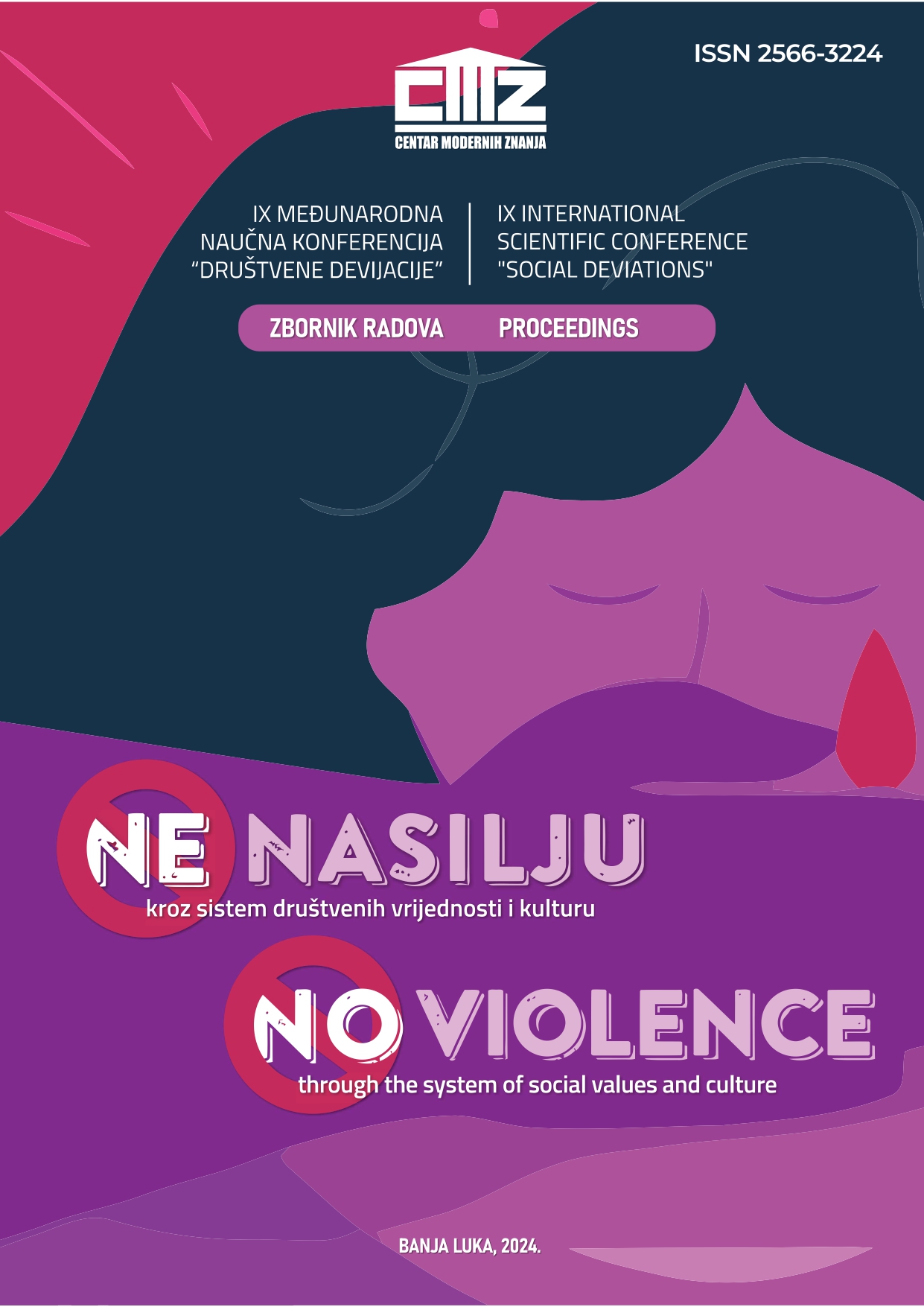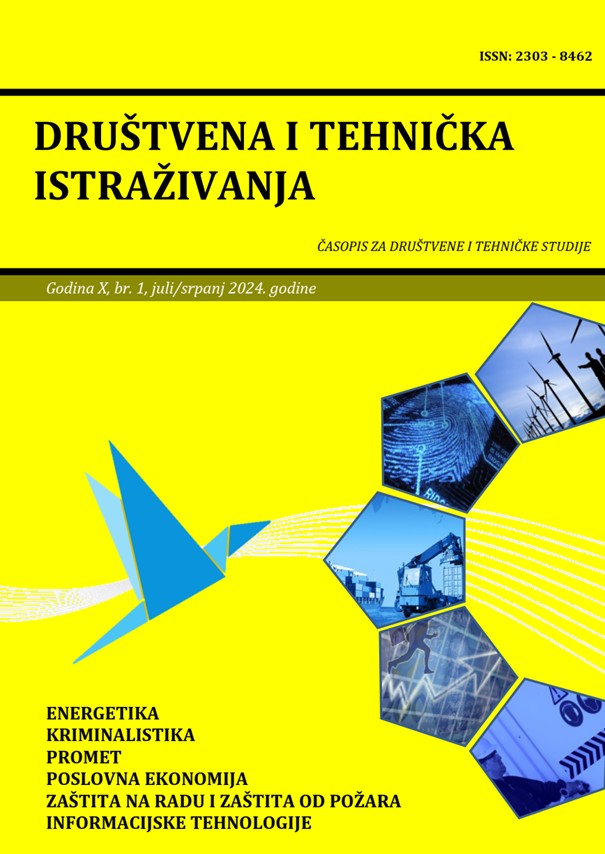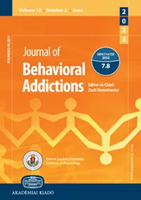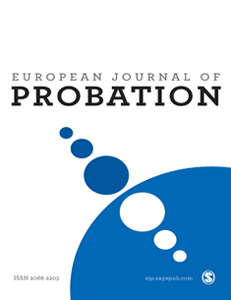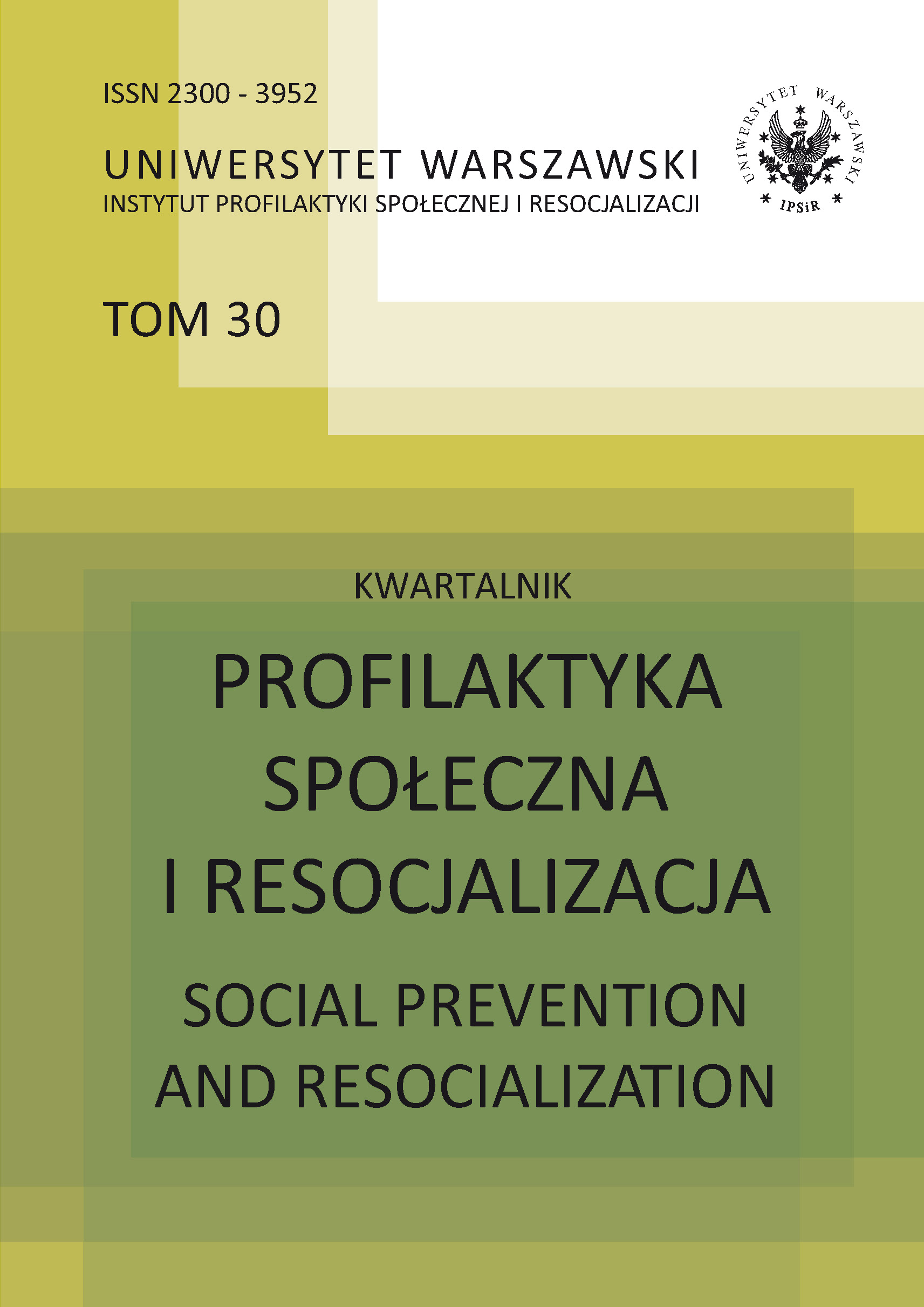
Teoretyczne i empiryczne przesłanki zastosowania arteterapii w resocjalizacji penitencjarnej
The analysis of today’s scientific writings on prisons shows that art may turn out to be an invaluable treatment tool. Art therapy opens the way for creativity, cognition, artistic self-expression and is a means to tell about experiences which cannot be couched in words. Art therapy is based on the creative process as a healing factor. Positive effects of art therapy can be split into four categories: therapeutic, educational, social (understood in terms of the quality of prison relations) and those related to personal development. The paper intends to discuss the use of art therapy programs in correctional treatment. It outlines the legal and pedagogical aspects of such treatment, suggests the possible role of art therapy in the endeavor, and discusses theoretical and empirical premises for its application. In addition, it reflects on art therapy programs already implemented within the framework of correctional treatment. This is another voice in the debate on possible future directions to be taken by today’s correctional treatment.
More...
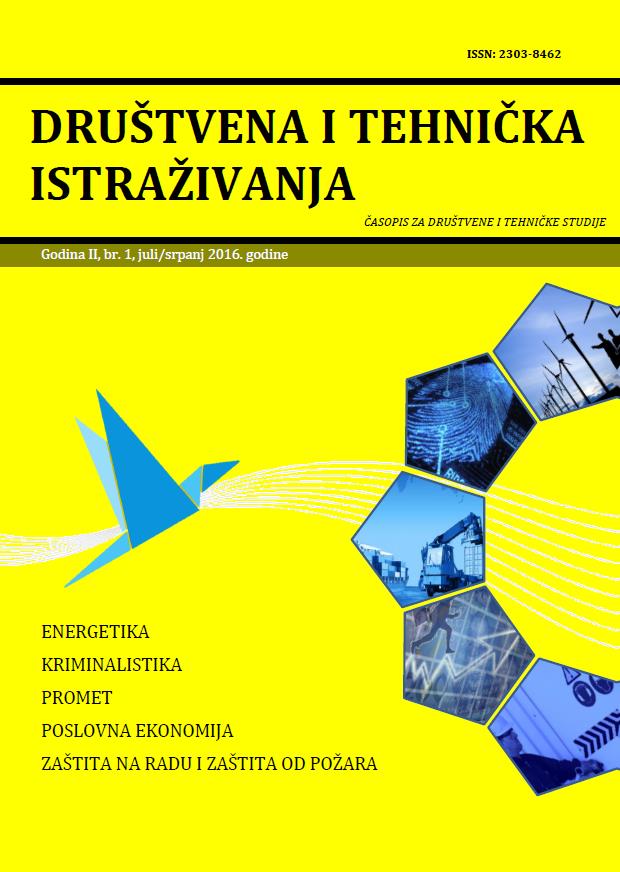
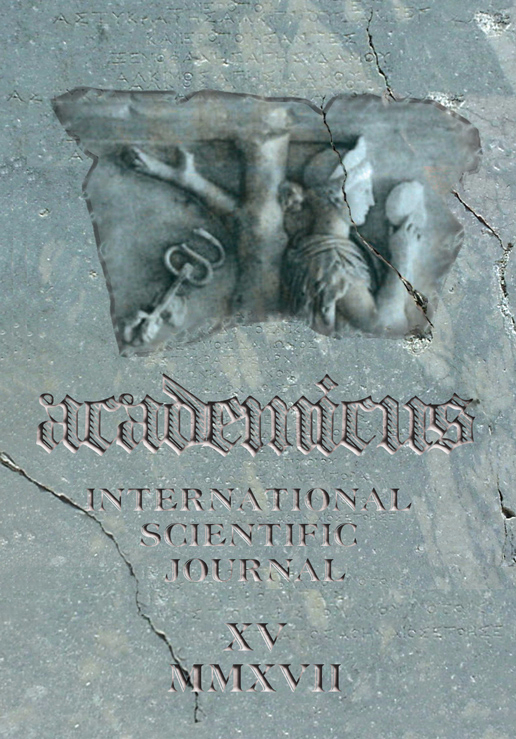

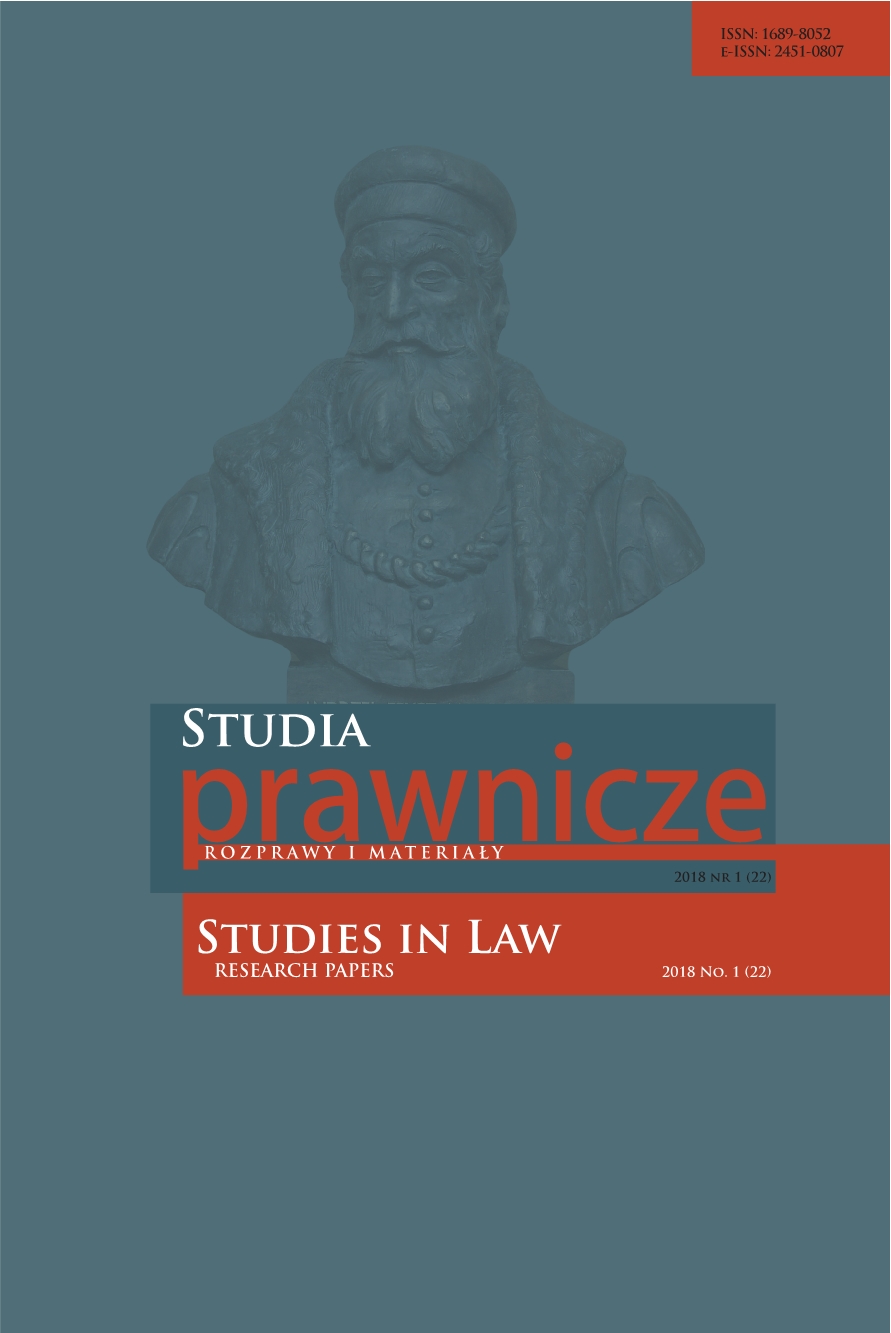
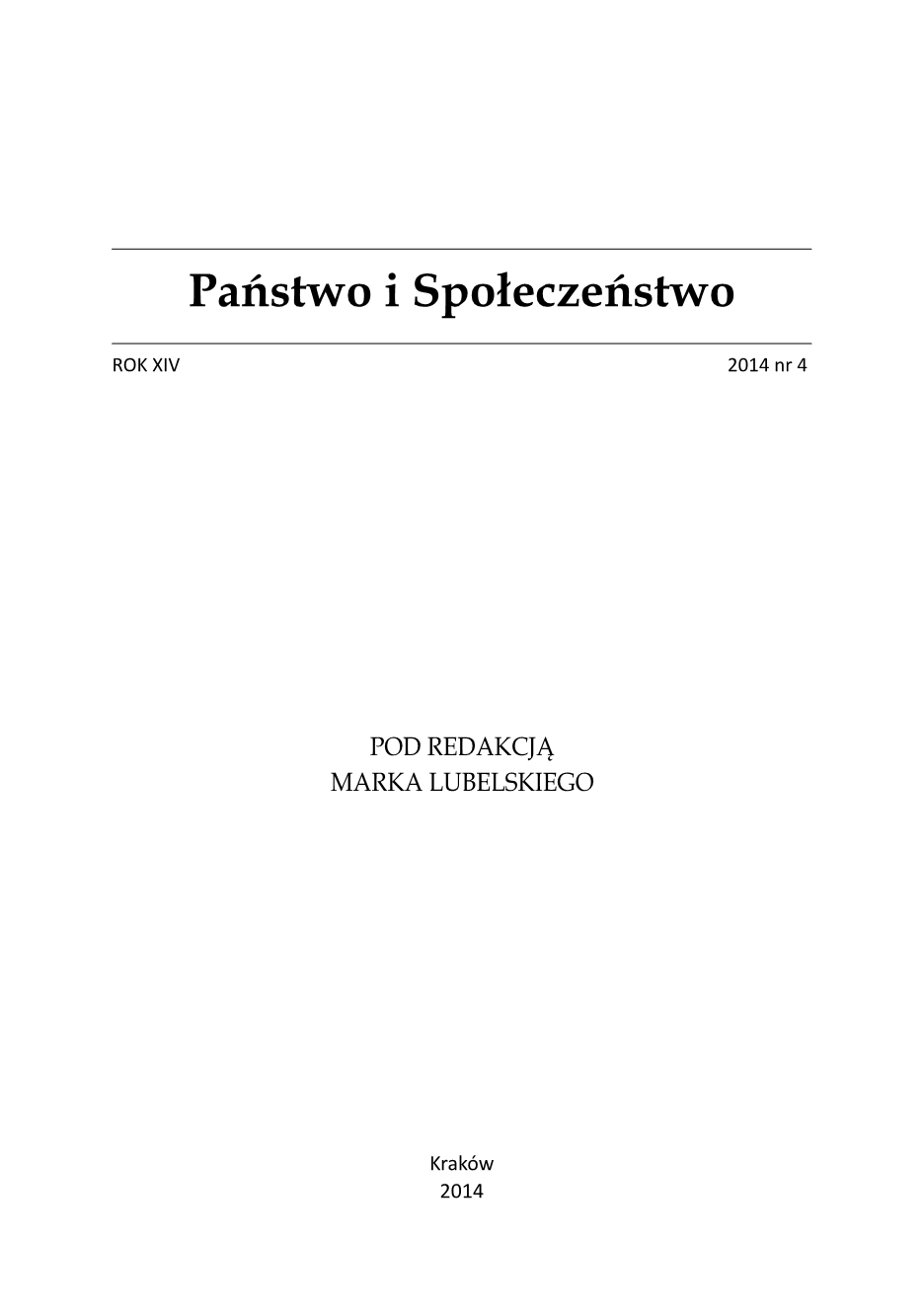
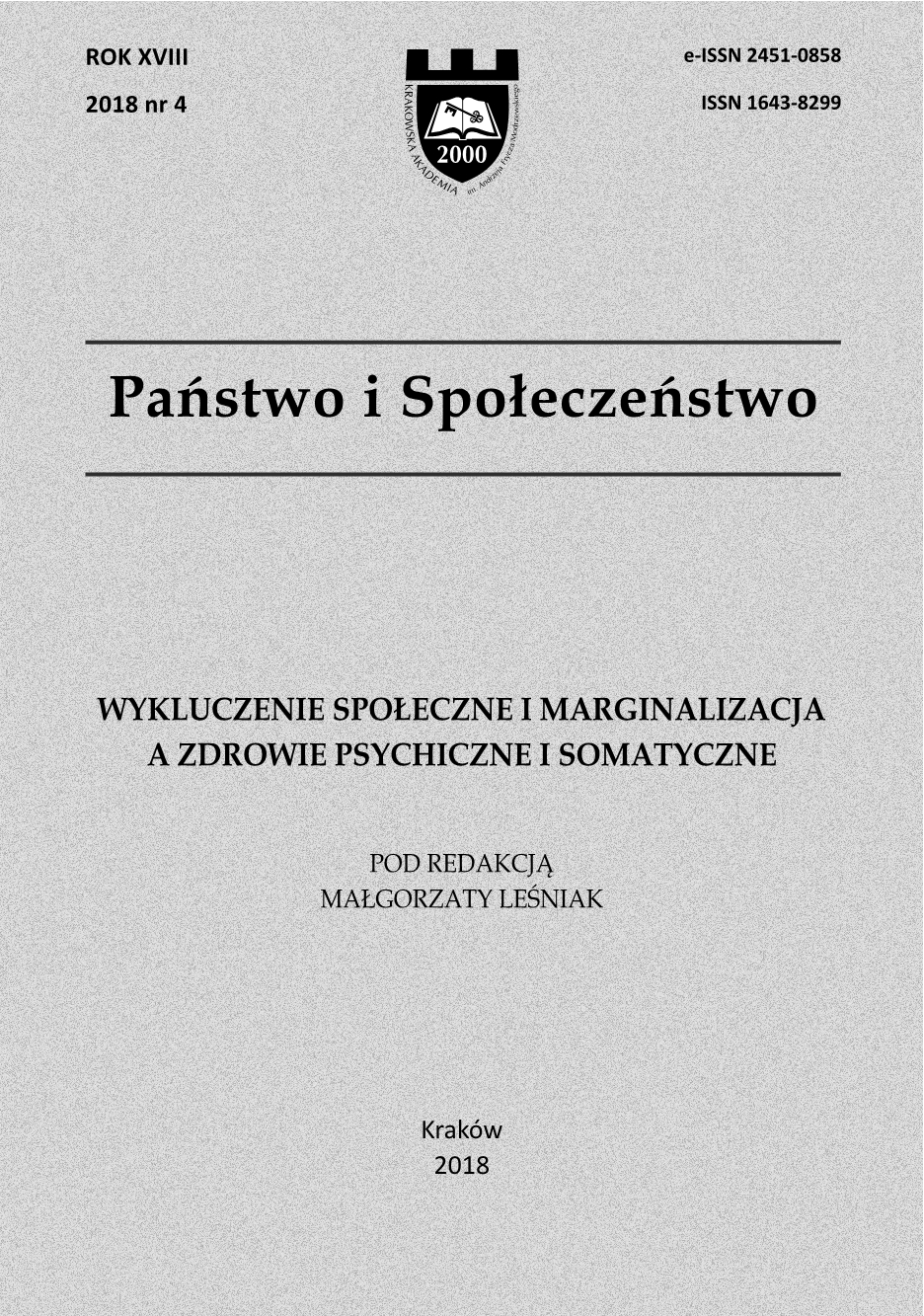
![Handel ludźmi. Zapobieganie i ściganie, red. Zbigniew Lasocik, [Warszawa 2006, 692 s.]](/api/image/getissuecoverimage?id=picture_2007_52601.jpg)
